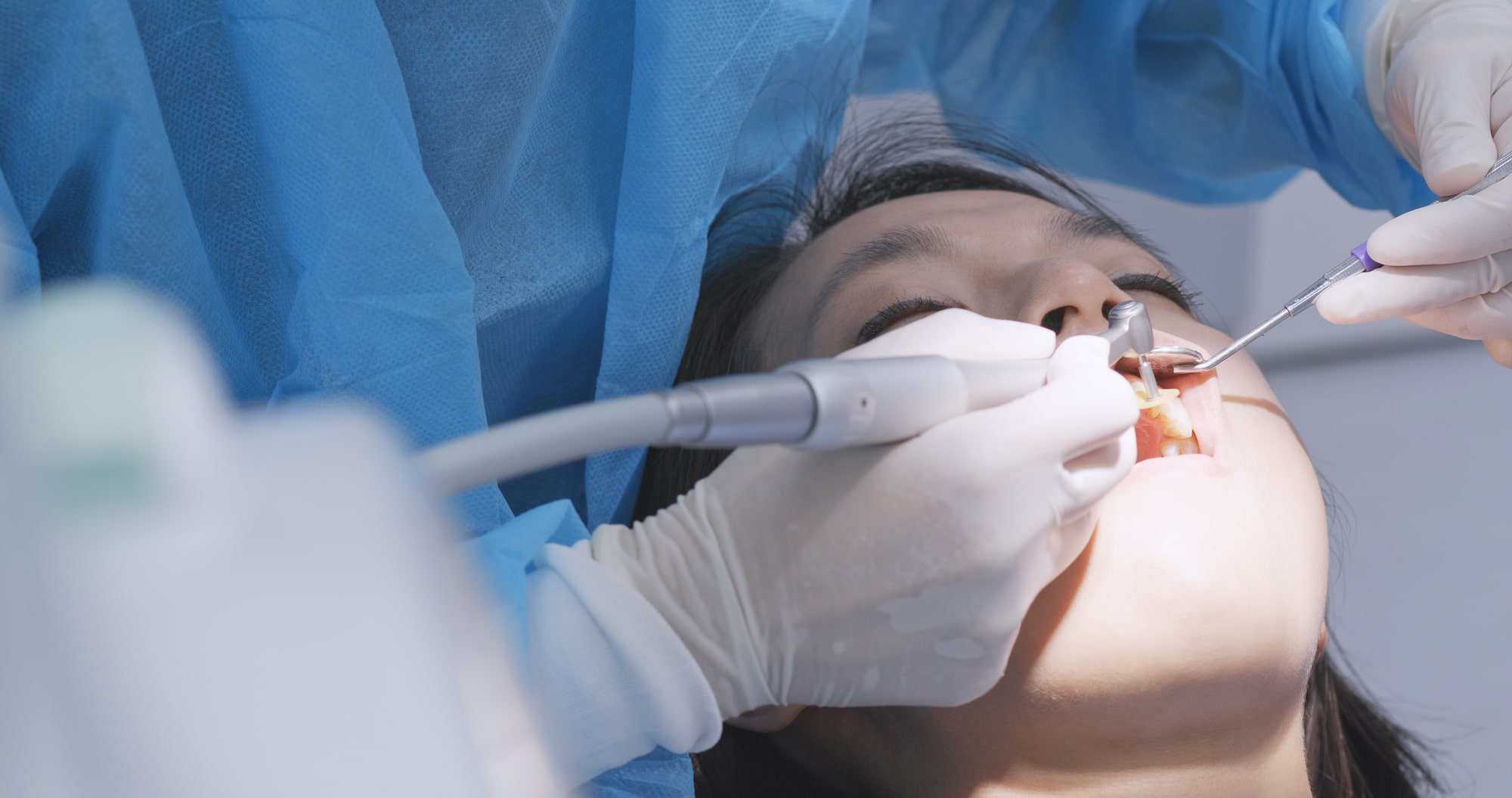
Oral cancer surgery is done to remove a tumor or treat cancer that could have developed in the throat or mouth. Oral cancer has become rampant today more than it was in the 90s. People with the age of 40 years and above are more susceptible to this cancer. Early diagnosis of oral cancer is advantageous, it helps to start treatment before it advances to chronic stages.
Types of Oral Cancers:
· Tongue
· Lips
· Gums
· Throat
· The inner lining of the cheek
· The soft and hard palate
· The floor of the mouth
You need to have a biannual checkup for dental care. This can be organized with your dentist. Regular checkup helps to identify any disease like cancer in its early stages and start treatment immediately. You are at a better chance of surviving cancer if diagnosed at an early stage.
People who consume tobacco are at a greater risk of developing oral cancer. Other risks are UV sun rays exposure, poor nutrition, family history of oral cancer, and a genetic disorder. Research has shown that men are twice more likely to get oral cancer than women.
Preparation of the Oral Cancer Surgery
The first step is diagnosis. After cancer has been tested positive, the dentist will now check your fitness to know is you will have successful healing after the surgery. These tests include a blood test, heart test, breathing tests, and x-ray. These tests are to check your fitness for anesthetic during the oral surgery.
You will undergo pre-assessment two weeks before the surgery. this period is when you meet the dentists who will perform the surgery and sign papers to agree to take the operation. You are allowed to ask any questions concerning the surgery and the healing process. Ask about the risks and benefits of the surgery. Get to know how your diet will be affected and what you should be eating after the surgery. Ask about the cost and see if your insurance company covers the surgery. This interaction will help you to psychologically prepare for the surgery.
The surgeon will tell you about the benefits of oral surgery and the possible outcome. You will be told about the risks of the surgery and how they can be avoided. You will be given a date for the surgery so that you can take leave from work. Your general health will determine how fit you are for the surgery.
You will be assigned a dietitian who will help you know the right foods to eat. You need to be on a specific diet before the surgery and after the surgery. Knowing what to eat after the surgery will help you shop for the right foods and store them in your house. You are less likely to be able to go shopping immediately after the surgery. This is why you need to prepare before the surgery. It will also help you to plan your finances.
A physiotherapist will be assigned to you to give you walking and breathing exercises that you need after the operation. Learning these exercises will help in your recovery journey. After the surgery, the exercises will help the surgeon to know if it was a success.
You will need to exercise your speech as well after the oral surgery. This is important to help you recover and to resume your normal speech.
Symptoms of Oral Cancer
· A sore that will not heal even after taking medicine.
· Unusual mass growth in your mouth.
· Losing teeth
· Difficulty in swallowing and pain when swallowing
· Unable to wear dentures
· Dramatic weight loss.
· Chin, face, neck, and lip numbness.
· Jaw stiffness and pain
· Tongue pain
These symptoms do not necessarily mean that you have oral cancer. Once you notice any of these symptoms, visit us for further assessment to rule out any possibility of cancer. X-rays and CT scans are part of assessing cancer cells and tumors in your mouth. Sometimes tumors can be either cancerous or non-cancerous. Early detecting of cancer helps you have more chances of survival.
Visit our Dental Singapore clinic and find out more about oral cancer surgery. We have trained dental surgeons to assist in treatment of any form of oral cancer. Contact us today.
